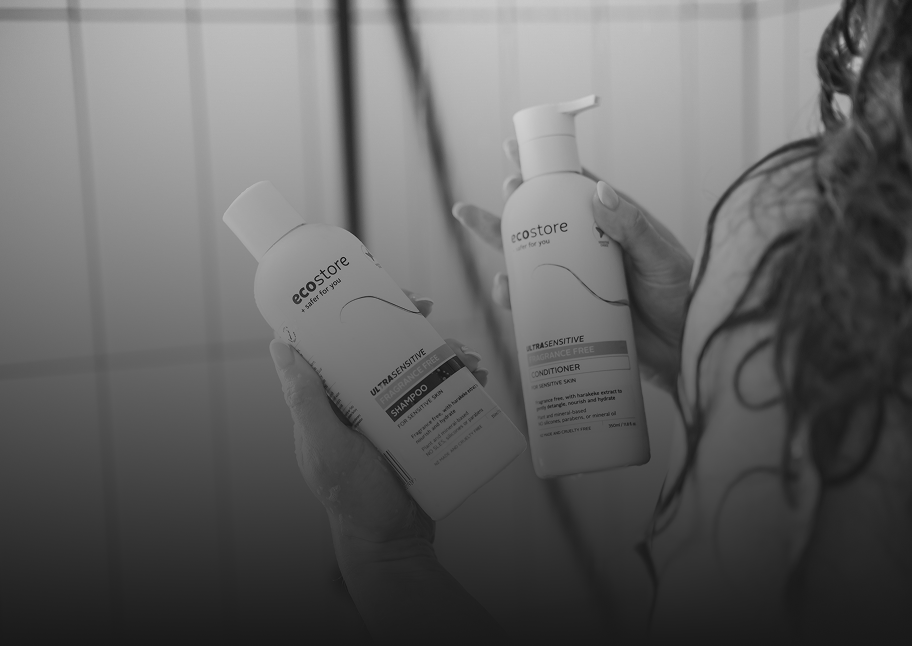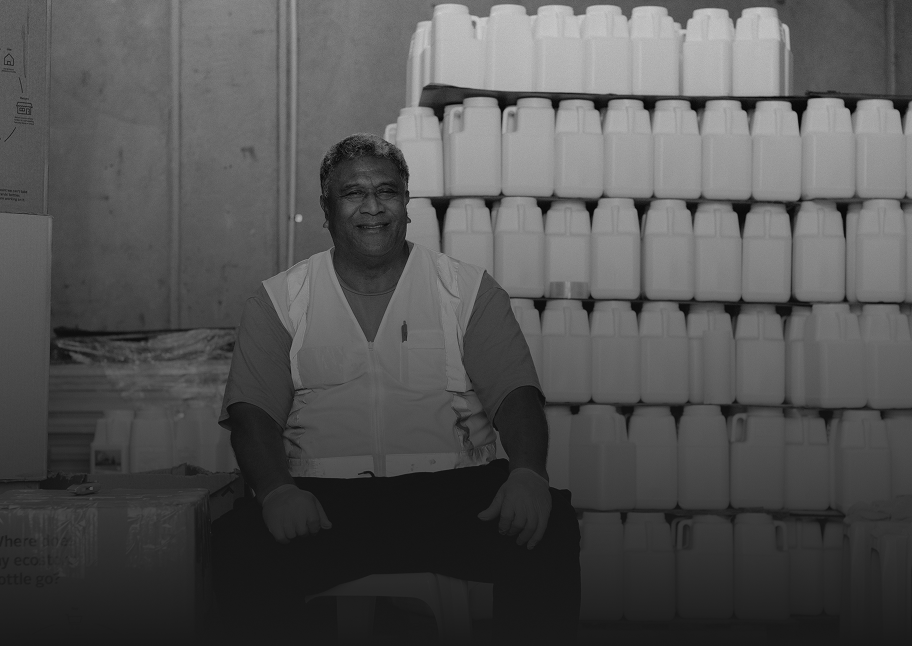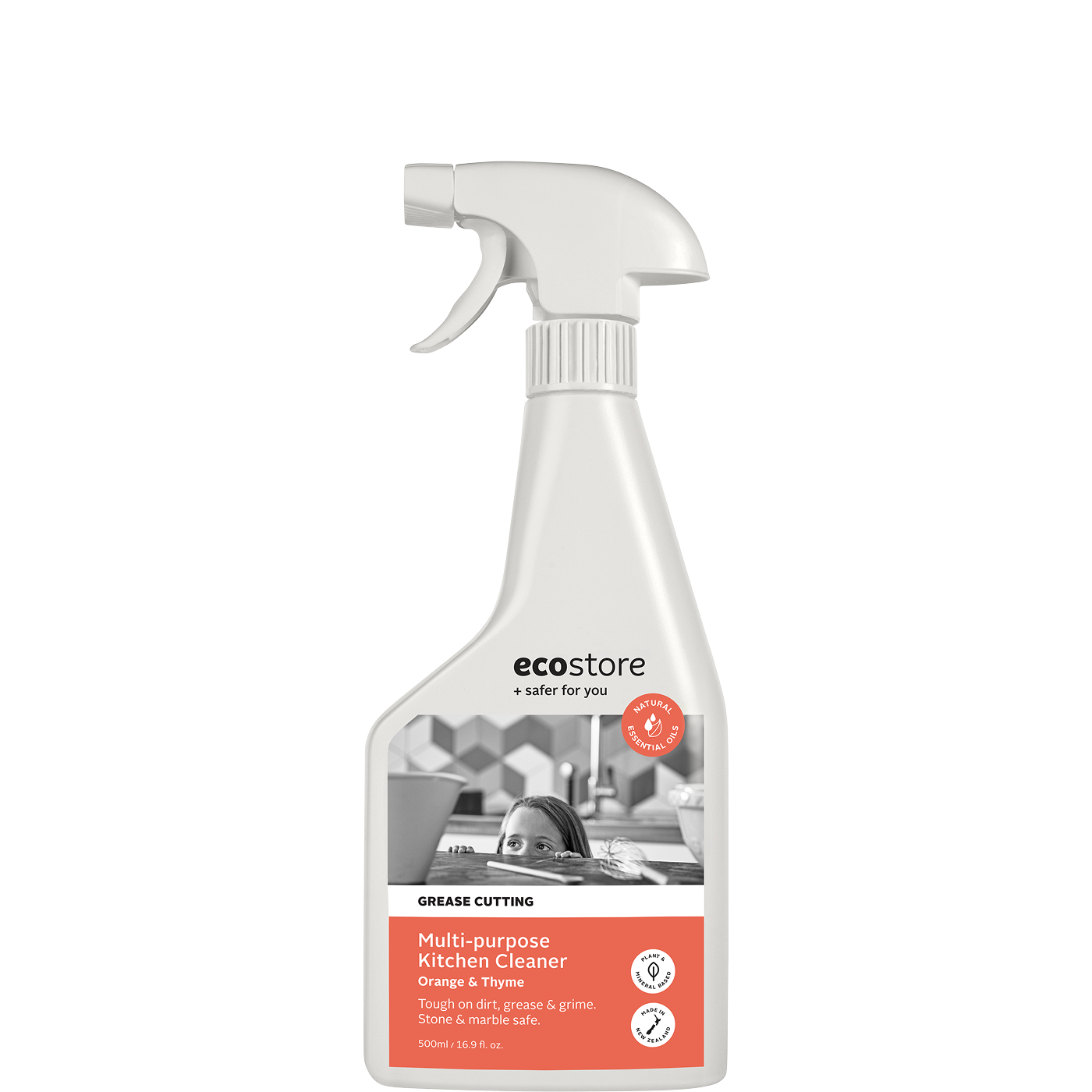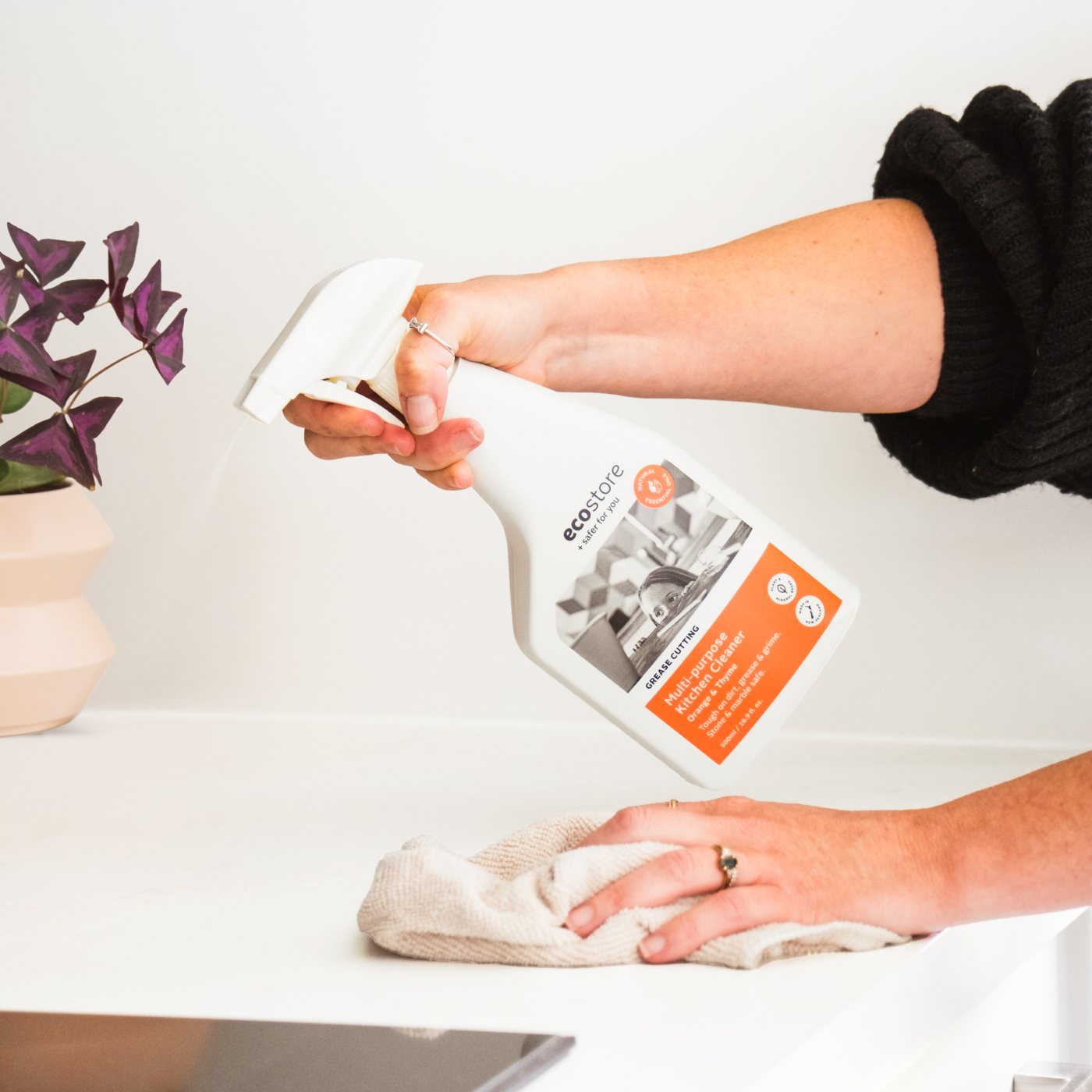Perhaps you have indulged a bit over the holidays, or feel as though you've neglecting your health of late? With the constant stream of health messages out there, the information overload may feel a bit overwhelming. But perhaps this is the year you will focus on you. But where do you begin when it comes to your health in 2017?
‘Eat well' and ‘exercise in moderation' are common pieces of advice. If we eat a variety of healthy foods and move our bodies regularly, this is a great start. But there is more that Kiwis can do to achieve better health.
High quality supplements can be a sound investment in your health. Many of us find it difficult to achieve optimal nutrition due to changing soil quality (our soil in New Zealand is deficient in several key minerals), consumption of processed and manufactured foods (which may be lacking nutrients), and stressful lifestyles.
Many people live in ‘flight or fight' adrenaline mode, surviving on quick energy hits like caffeine and sugar to get through another exhausting day. When we are stressed, our bodies deplete nutrients faster than we can naturally replenish them. Without proper fuel - and if we have a non-stop lifestyle, we may feel lacklustre. High quality supplements play an important role in making up for nutritional deficiencies and contributing to healthy body function.
When you shop for supplements, you may feel a bit overwhelmed by the endless choices. Or perhaps your kitchen pantry is starting to look like a used vitamin shop. Maybe you've tried a few supplements, and found no real benefit.
So what's worth taking - and for how long?
I believe there are four top supplements that most people could benefit from long term. And I recommend not giving up too fast: results will only be evident after at least three to six months of taking them daily.
1. Multivitamin, to make up for dietary deficiencies
Multivitamins contain both vitamins and minerals that help to make up for deficiencies in our diet. Due to our soil quality, use of processed foods and stressful lifestyles, we could benefit from taking a multivitamin. This contains minerals that may be deficient in our soil, such as zinc, which helps us to make insulin, maintain a healthy immune system, and supports male reproductive health. Iodine supports the growing fetal brain and our thyroid, which supports important functions like our body temperature and metabolism. With the trend to use less salt and more sea salt, iodine consumption in foods is declining.
Magnesium supports our nervous system, heart, and muscles. Iron supports healthy oxygen to our red blood cells for energy. It is worth the investment to get a high quality, high potency iron formula. If you can access one through a health practitioner recommendation, this is preferred, as many commercial multivitamins are typically lower strength. Watch for fillers that may be found in less costly options, and take with food to aid absorption and minimise potential digestive issues.
2. Probiotic, to support a healthy gut
Due to stress, any frequent use of antibiotics, consumption of sugary or alcoholic drinks, and processed foods, the modern gut can be lacking in friendly gut bacteria. You may suffer from bloating, diarrhea, indigestion, constipation, wind, and fatigue. In an ideal world, we would all be eating sauerkraut or other fermented foods several times daily to restore healthy gut flora. However, some people may find this impractical. Taking a probiotic every morning with a minimum of 26 billion live healthy bacteria of diverse strains may support your immunity, mood and digestive function, as they help reduce bad bacteria and maintain the integrity of your intestinal lining. Look for the strain lactobacillus acidophilus DDS-1 as one of the must-have bacteria, as it is acid and bile resistant. You may feel a bit gassy for a few days when taking this. Reduce the dose to half after five days if this doesn't resolve. Take daily, not just after the antibiotic. If you're travelling somewhere tropical, just refrigerate it in the hotel bar fridge.
3. Curcumin, which may combat inflammation
Curcumin is the main active ingredient in the Indian root turmeric. Curcumin may help reduce inflammation and is known for antioxidant properties. While inflammation for short periods serves a purpose, chronic inflammation has been linked to many diseases, such as heart disease, Alzheimer's, and various degenerative conditions such as multiple sclerosis. People with arthritis also seem to benefit from its anti-swelling effect. To get the most benefit from curcumin, the level required is typically not practical to take in root form.
As well as its antioxidant effects, curcumin supports healthy endothelial function in our hearts and new studies show some evidence that it may reduce fatty plaques in the brain that could lead to Alzheimer's and dementia.
Before you grab any bottle of this on the shelf, be mindful that many curcumin supplements are poorly absorbed. Taking curcumin in liposomal form (soy-free sunflower lecithin liposomes) is best for optimal cell delivery.
4. Vitamin D
Have you noticed that after a few days at the beach you feel well? Vitamin D, a hormone which is not actually a vitamin, is also key to wellness year-round. When the sun disappears post- summer, taking vitamin D daily has multiple benefits, such as supporting healthy bones, reducing blood pressure, and possibly supporting mood. Healthy vitamin D levels are especially important for pregnant women, and people working indoors. Get your vitamin D levels checked by blood test annually and take vitamin D as directed.
If you are taking medications, check with your doctor or pharmacist for any interactions with the suggested supplements. Always visit your GP for medical advice. Supplements are one aspect for supporting your health. Also aim for a balanced lifestyle, with stress management, regular exercise 4-5 times weekly, and consume a variety of whole foods, preferably organic. Limit alcohol, caffeine, and sugar. Drink water regularly. Sleep well.
Happy new year. Resolve to make 2017 a healthy one.
Kathleen Wills practices natural and nutritional medicine in Whangaparaoa, New Zealand. A passionate advocate for whole person health, she regularly speaks at corporate and educational organisations and lends her expertise to wellness retreats around New Zealand. She holds a US doctorate degree in Integrative Medicine (I.MD). She was named as one of New Zealand's sought-after wellbeing experts by New Zealand Herald's Viva magazine (September 2014).
This article isn't intended to substitute for medical advice. Consult your health professional for advice on, or treatment for, particular conditions.
Dr Kathleen is not a registered GP in New Zealand and as such does not act as your primary health provider or prescribe pharmaceuticals.
Read more

Summer sees us out in warm weather more often, able to enjoy things like trips to the beach. That means our brighter, lighter clothing comes out of the wardrobe, along with our beachwear and towels...

Settling into work after the holidays isn't always easy, especially after Christmas when we've often experienced lots of fun with family and friends. In fact, three in four of us admit to feeling s...






